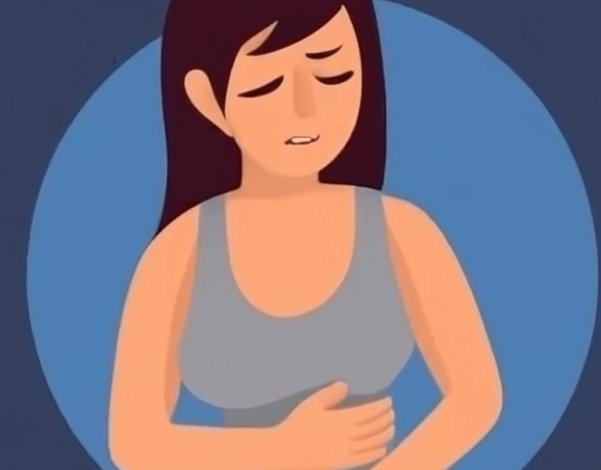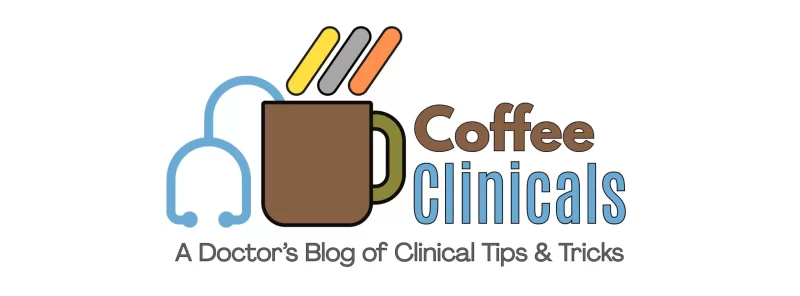
A 52 year old lady underwent a coronary angiogram for a positive stress test, ended up with a coronary stent & was discharged home with Aspirin, Plavix, Atorvastatin and Metoprolol. She was back two days later with excruciating acute epigastric abdominal pain radiating to her back and worse with eating or drinking. Lipase was elevated at 1200 with Liver function tests normal. She denied drinking alcohol, levels were checked anyway and were undetectable. Calcium, Triglyceride levels were normal. Abdominal CT revealed acute pancreatitis with a small necrotic area, no masses, a couple small gallstones but normal- appearing gall bladder and common bile duct. She denied any prior or family history of pancreatitis. With a normal WBC & no fevers, she was treated with just IV Ringers Lactate, analgesics & keeping her NPO. Two days later she was pain-free, able to eat & discharged.
All that was great, but patient and family were concerned that the cause was unclear. Could this happen again? Was it her medications ? Infection ? Could she have passed a stone ? None of her home medications were high risk for pancreatitis. Biliary sludge or passing a stone could be possible but with her presenting quickly after symptom onset with normal LFTs & biliary imaging made that less likely. And no she didn’t have fancy scorpion bites 😉.
💡 It is now known that acute pancreatitis is a rare but real complication of coronary angiogram aka cardiac catheterization! The postulated mechanism is either ischemic insult from contrast-dye induced vasoconstriction and/or dislodging of coronary artery atherosclerotic emboli during procedure. Post-angiogram pancreatitis can occur either immediately or within 3-4 days following the procedure and carries a higher risk of severe pancreatitis.
This has been known way back from 1994 but also more recently published several cases such as this, this and this ! Interestingly this acute pancreatitis can also occur after Cardiac surgeries such as a Cardiac Bypass (CABG) and Aortic Valve Replacement (AVR) surgeries.
